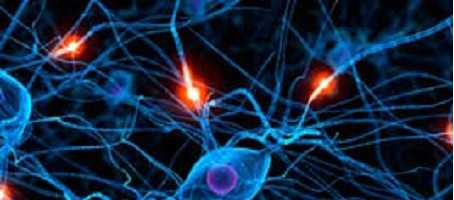Type 2 diabetes has long been associated with a greater risk of anxiety and depression. New research may have found the reason why.
The study, conducted at the Joslin Diabetes Centre, found that mice that were genetically engineered to be insulin resistant had lower levels of dopamine.
This is one of the first studies to suggest that insulin resistance has a direct effect on behaviour, indicating that type 2 diabetes might directly cause depression and anxiety.
How was the study conducted?
The researchers conducted tests using the genetically modified mice that place them under stress; the test is often used to test anti-anxiety and anti-depressant drugs.
The younger mice showed no signs of abnormal behaviour, but older mice – those at least 17 months old – acted very differently to mice of the same age that weren’t genetically engineered to be insulin resistant.
What did the researchers find?
The researchers analysed the brains of the abnormal mice, and found alterations to the metabolism. One of the most significant alterations was the presence of enzymes that impair the production of dopamine, which adjusts brain behaviour.
The younger mice had similarly altered brains, but the changes did not affect their behaviour. It was unclear as to why.
The significance of the findings
Previous research has suggested a link between insulin resistance and other behavioural conditions caused by the brain, such as Alzheimers disease.
C. Ronald Kah, MD, Joslin’s Chief Academic Officer, said: “This is one of the first studies that directly shows that insulin resistance in the brain actually can produce behavioural change.
“It’s obviously too early to tell, because we’re looking at very early-stage research, but one could imagine that intranasal insulin might actually have some effects in anti-depression or anti-anxiety in people with diabetes.”
Regarding insulin and Alzheimer’s disease, Dr. Khan said: “Preliminary studies have shown that treating people with Alzheimer’s disease with insulin inhaled through the nose, which is supposed to allow more insulin to get delivered directly to the brain, might slow their changes in cognitive function.”
What's new on the forum? ⭐️
Get our free newsletters
Stay up to date with the latest news, research and breakthroughs.








